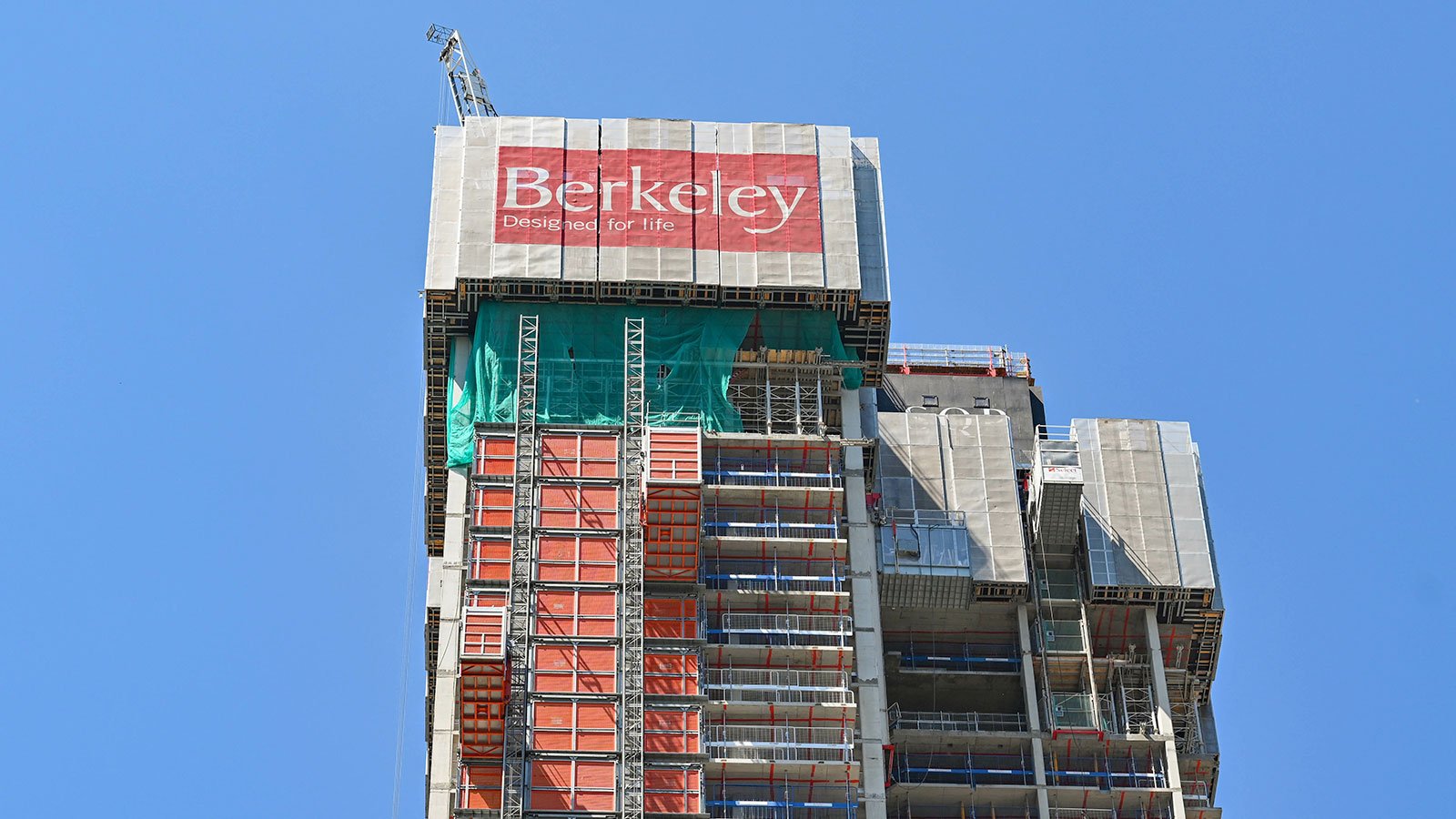The Home Builders Federation has voiced concern over the UK Government’s plan to ban gas boilers from 2025, citing the lack of electricity.
With the UK Government looking for new low carbon sources of heating for the UK’s housing stock from 2025, gas boilers are set to be banned from all new build homes. However, that means house builders will have to look for alternative heating sources – such as heat pumps – and that means using electricity rather than gas.
Given all new homes in England are already required to install EV chargepoints, the amount of electricity being drawn from individual homes in the UK could be set to skyrocket. That has led to the Home Builders Federation to voice concern about the available capacity on the grid to deliver the required electricity needed.
Speaking to Energy News Live, Steve Turner, Executive Director of the Home Builders Federation, noted, “The requirement to move to electric heating and install car chargers will increase demand from new build homes.
“We need to ensure that the capacity is available in local networks such that we can meet the requirements and maintain housing supply.”
The UK Government has already responded to the Home Builders Federation, citing work currently being done to ensure the grid can handle the electrification of heat and transport.
National Grid for its part has also reassured consumers that there will be enough capacity to go around. In fact, National Grid explained that demand for electricity in the UK peaked in 2002 at 62GW, with peak demand falling roughly 16% since then thanks to improvements in energy efficiency. It noted that even if all car owners in the UK were to switch to electric vehicles overnight, it’s likely demand would only increase by around 10% – far short of the peak figures we saw in 2002 and well within the range of manageable load fluctuations.
This isn’t the first time housebuilders have pushed back against a policy that could benefit the UKs route to net zero, while costing the industry more money. It previously secretly lobbied the UK Government to drop its commitment to mandate the installation of EV chargers in every new build home across England, according to The Guardian. At the time the reasoning it gave for dropping that commitment was down to the cost to the housebuilding industry – with Barratt Homes noting that it could cost as much as £63 million to implement the policy.

